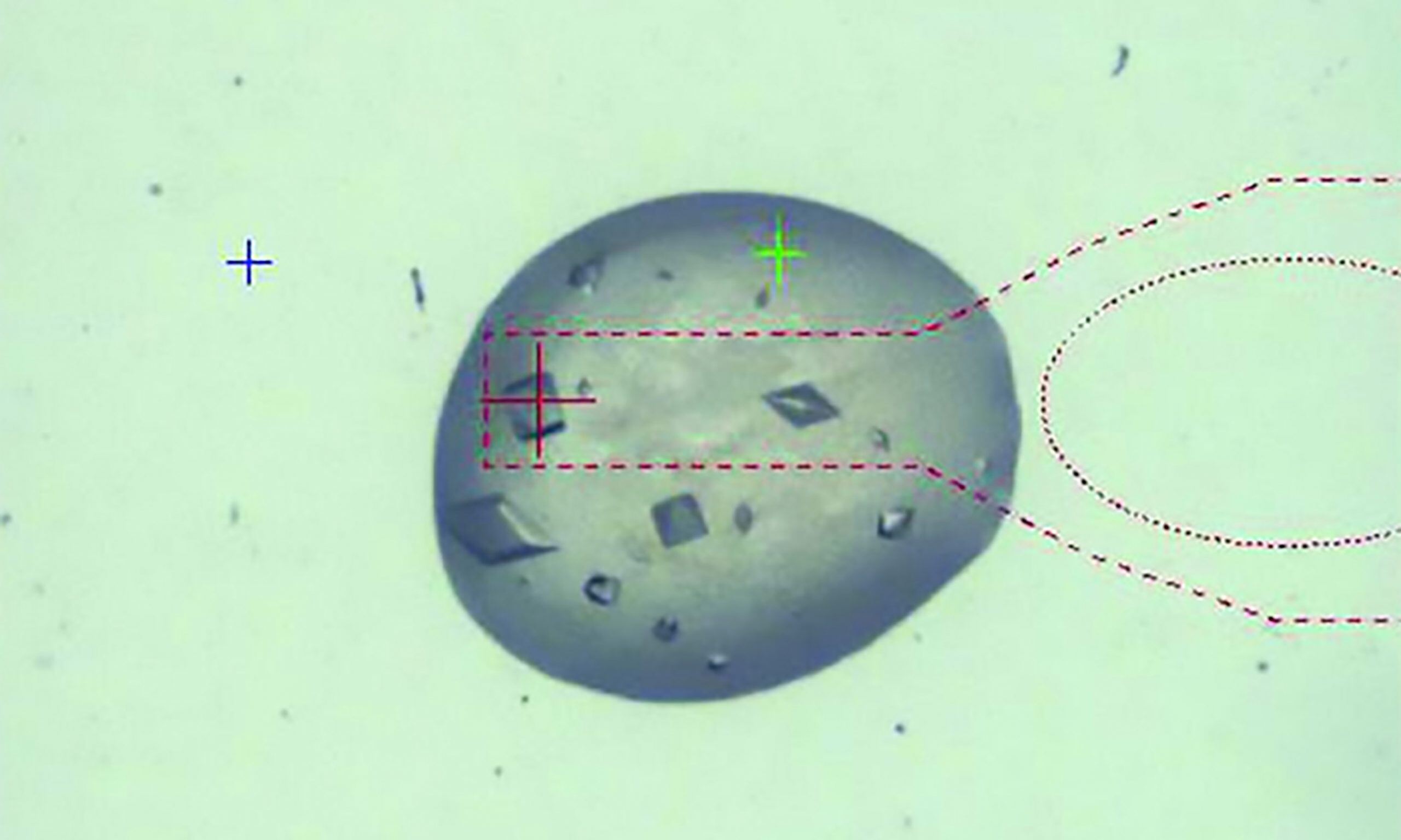Over the past two decades, automation has been introduced in macromolecular crystallography at a rapid pace, revolutionising both crystallisation procedures and the use of beamlines. Nonetheless, crystal harvesting continues to be a relatively slow process, with potential implications for crystal quality, speed, reliability, and throughput. To address these shortcomings, in 2008, Jose Marquez and Florent Cipriani, scientists at EMBL Grenoble, developed the CrystalDirect technology and the web-based Crystallographic Information Management System (CRIMS) software. Together, these technologies enable a fully automated protein-to-structure pipeline that can be piloted remotely from any computer anywhere in the world.
EMBL has played a critical role in translating the initial idea behind CrystalDirect technology into direct applications in structure-based drug design. “[EMBL is] a fantastic place to do research and development, [it was] almost like an incubator because we started with the technological development and then applied it to different project cases,” said Irina Cornaciu, co-founder and Chief Executive Officer of ALPX. “Over the course of a few years, the attention and requests for services from third parties has increased to a level where spinning off the commercial CrystalDirect services into a separate company became the logical next step” to ensure that demand could be satisfied at a rapid pace, Cornaciu explained.

References
Cipriani F et al. (2012). CrystalDirect: a new method for automated crystal harvesting based on laser-induced photoablation of thin films. Acta Crystallographica Section D,Biological Crystallography 68(10):1393–1399. DOI: 10.1107/S0907444912031459